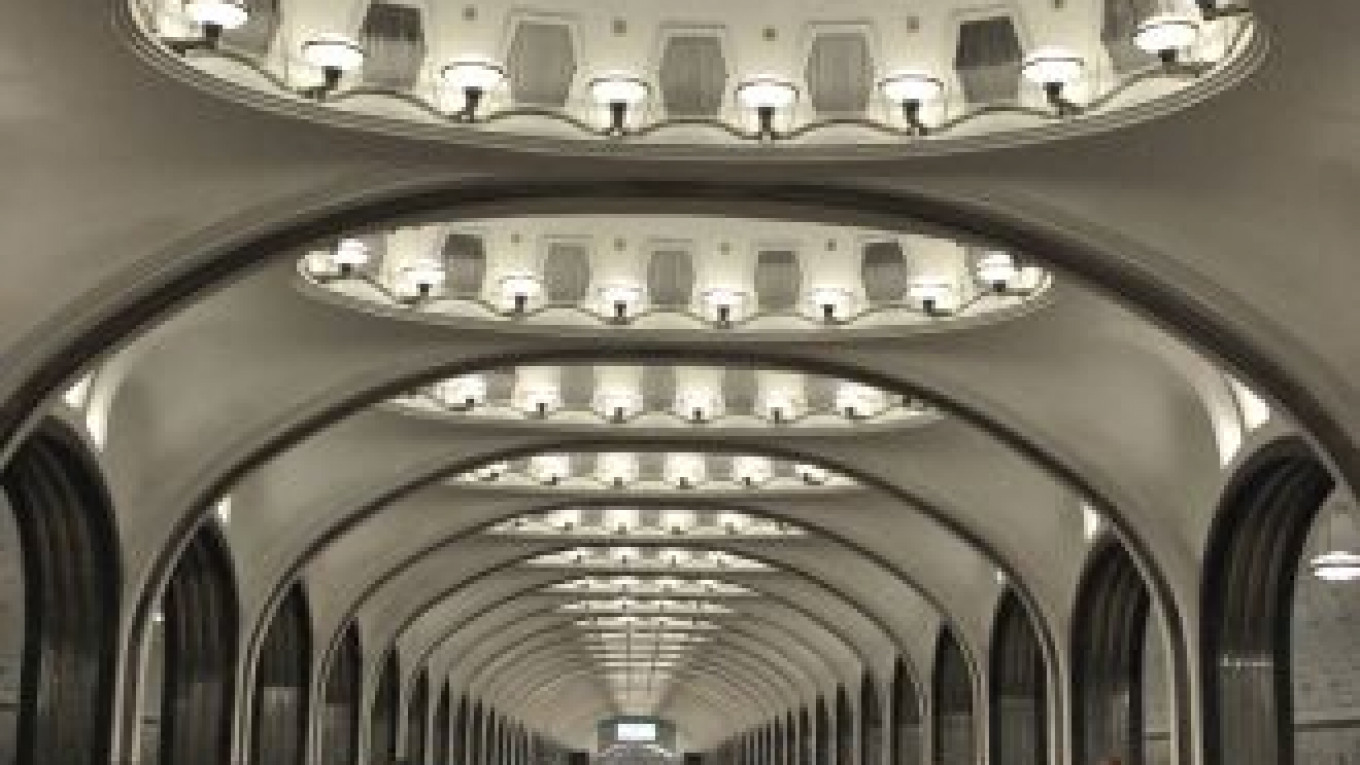Russia came in 59th out of 139 countries worldwide in the World Economic Forum's latest tourism industry ranking. The Travel & Tourism Competitiveness Report put the country 33rd out of 42 countries in Europe, and forecast average annual growth at 6.7 percent.
Russia was flanked by Uruguay and Argentina on the global scale, and Lithuania and Romania among European countries. Switzerland, Germany and France ranked the highest.
Russia has numerous cultural and natural attractions, and its air transport infrastructure is developed (30th). But it has poor roads (95th), and hotels are low quality (80th) and too expensive (105th). It also ranks 126th for complexity of obtaining a visa.
The rankings are based on each country's tourism industry and economy as a whole. For example, in time required to start a business, Russia ranks 96th. In cost to start a business, it's 37th.
Russia is bad on property rights (128th place) and quality of education (87th) and makes hiring foreign personnel very difficult (124th). It ranks 113th in security, and 90th in business costs of crime and violence. In reliability of law enforcement agencies, it's one of the lowest in the world (128th).
Tourism is not a priority for the Russian government, the rating's authors concluded. By level of spending on developing the tourism industry, Russia ranks 91st. As a result, tourism's contribution to the overall economy remains low.
Last year, tourism provided less than 6 percent of gross domestic product and employed 5.1 percent of the work force, while the numbers for 2008 were 6.9 percent and 5.8 percent, respectively. From 2006 to 2009, the number of foreign tourists declined from 20 million to 19.4 million — and relative revenue from $9.6 billion to $9.3 billion.
The government has made tourism a priority only in the last two years, and so far the plans are still on paper — so there has not been any serious improvement, a state agency employee explained.
By the year's end, a federal program for tourism development will be created with a budget of 300 billion rubles ($10.1 billion), of which about 90 billion will be spent by the government, the source said. The main expenditures will be on infrastructure, for tourism as well as utilities and energy.
The program will not address security because that issue can only be resolved by developing the country as a whole — which will take years, the source said. Planned construction of a resort in the North Caucasus will cost about 400 billion rubles, and investors will provide much of the funding, the source said.
For the 2018 FIFA World Cup, roads connecting match-hosting cities will be repaired, and there is talk of building a high-speed railway, a White House source said.
Of the total 1 trillion rubles to be spent on the Sochi Olympics, more than 80 percent is going to infrastructure, the source added. Officials close to the Olympic project have disclosed that a record-breaking 60 billion rubles will be spent on providing security at the games.
The low level of safety is most likely a result of political problems that must be solved first, without hoping for increased overall development of the country, said Marina Udachina, director of the Institute for Innovations, Infrastructure and Investments.
The government is still shaping its tourism projects, so there have yet to be results, she added. That tourist inflow and relevant income has declined in the last few years is because of the financial crisis. "The tourist business has suffered all over the world," Udachina said.
Russia has a number of advantages for developing tourism, such as a rich culture and history and great architectural landmarks, said Ivan Chakarov, chief economist for Russia and the CIS at Bank of America Merrill Lynch. The country is able to offer a vast diversity — from historical and cultural sites to beaches, skiing and fishing.
Russia's image will improve thanks to the 2014 Olympics in Sochi, he said. But to offer its attractions to tourists, Russia must improve its infrastructure, raise the quality of services and make it so that newcomers see more smiles wherever they turn, he said.
A Message from The Moscow Times:
Dear readers,
We are facing unprecedented challenges. Russia's Prosecutor General's Office has designated The Moscow Times as an "undesirable" organization, criminalizing our work and putting our staff at risk of prosecution. This follows our earlier unjust labeling as a "foreign agent."
These actions are direct attempts to silence independent journalism in Russia. The authorities claim our work "discredits the decisions of the Russian leadership." We see things differently: we strive to provide accurate, unbiased reporting on Russia.
We, the journalists of The Moscow Times, refuse to be silenced. But to continue our work, we need your help.
Your support, no matter how small, makes a world of difference. If you can, please support us monthly starting from just $2. It's quick to set up, and every contribution makes a significant impact.
By supporting The Moscow Times, you're defending open, independent journalism in the face of repression. Thank you for standing with us.
Remind me later.







